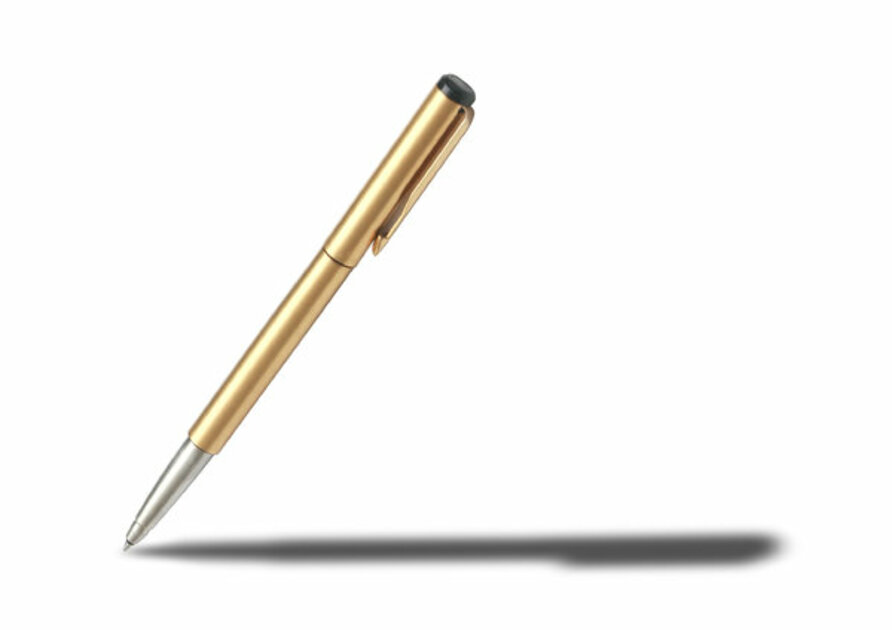
Our Gemara discusses the sprinkling of the blood in front of the cover of the aron and quotes a verse
ū©ųĘūæų╝ų┤ūÖ ūÖūĢų╣ūŚųĖūĀųĖū¤ ūÉųĖū×ųĘū©, ūÉųĖū×ųĘū© ū¦ų░ū©ųĖūÉ: ū┤ūĢų░ū£ų┤ūżų░ūĀųĄūÖ ūöųĘūøų╝ųĘūżų╝ūĢų╣ū©ųČū¬ ūÖųĘū¢ų╝ųČūöū┤,
Rabbi YoßĖźanan said that the reason is that the verse states: “And he shall sprinkle it with his finger upon the Ark cover, and before the Ark cover he shall sprinkle” (Leviticus 16:14).
The Gemara in Succah uses this verse for a cryptic derasha which I would like to discuss in relation to this mysterious Yom Kippur ritual.
ūĪūĢūøūö ūö.-ūö:
ū©ųĘūæ ūöūĢų╝ūĀųĖūÉ ūÉųĖū×ųĘū© ū×ųĄūöųĖūøųĖūÉ ūóųĘū£ ūżų╝ų░ūĀųĄūÖ ūöųĘūøų╝ųĘūżų╝ūĢų╣ū©ųČū¬ ū¦ųĄūōų░ū×ųĖūö ūĢų░ūÉųĄūÖū¤ ūżų╝ųĖūĀų┤ūÖūØ ūżų╝ųĖūŚūĢų╣ū¬ ū×ų┤ūśų╝ųČūżųĘūŚ
Ōü”Rav Huna said that the thickness of the Ark cover is derived from here: “Upon the face of [penei] the Ark cover on the east” (Leviticus 16:14), and there is no face [panim] of a person that measures less than one handbreadth.
Ōü”….ūÉų▓ū×ųĘū© ū©ųĘūæ ūÉųĘūŚųĖūÉ ūæų╝ųĘū© ūÖųĘūóų▓ū¦ų╣ūæ ū©ųĘūæ ūöūĢų╝ūĀųĖūÉ ūżų╝ų░ūĀųĄūÖ ūżų╝ų░ūĀųĄūÖ ūÆų╝ųĖū×ųĘū© ūøų╝ų░ū¬ų┤ūÖūæ ūöųĖūøųĖūÉ ūÉųČū£ ūżų╝ų░ūĀųĄūÖ ūöųĘūøų╝ųĘūżų╝ūĢų╣ū©ųČū¬ ūĢų╝ūøų░ū¬ų┤ūÖūæ ūöųĖū¬ųĖūØ ū×ųĄūÉųĄū¬ ūżų╝ų░ūĀųĄūÖ ūÖų┤ū”ų░ūŚųĖū¦ ūÉųĖūæų┤ūÖūĢ
Rav Huna derives that the thickness of the Ark cover was one handbreadth not through an actual comparison to the real faces of different creatures but rather by means of a verbal analogy between the terms penei and penei written in different places in the Torah. It is written here: “Before [penei] the Ark cover” (Leviticus 16:2), and it is written there: “From the presence of [penei] Isaac his father” (Genesis 27:30). The dimension of the Ark cover is like that of the face of a person, a handbreadth.
How does this derasha make any sense? What is it hinting at? The actual verses that we are referring to here involve Yaakov’s stealthy exit after beating out Esav in the race to get their blessings from their father. The verse implies that just as Yaakov was leaving, Esav was coming in. Some midrashim commentaries even suggest that Yaakov hid behind the door as Esav walked in, and then scooted out behind Esav’s back. In any case, the verse gives the impression that Yaakov was in a rush to get out, for whatever reason.
The Be’er Mayyim Chayyim (ūæūÉū© ū×ūÖūØ ūŚūÖūÖūØ ūæū©ūÉū®ūÖū¬ ūøū¢:ū£) offers a different reason for why he rushed out. Simply put, Yaakov felt ashamed in front of his father that he had to resort to duplicity in order to achieve receiving the blessings. That’s why the verse says, “Before the face of Issac his father“. The emphasis being that he was embarrassed to face him.
Returning to the Yom Kippur ritual and the Gemara’s equating the face of Isaac to the face of the cover of the ark, we might say the following . In both situations, there is the shame of being inferior and unworthy. Either, in front of the Shekhina, or as yaakov was unworthy in front of Yitzchok.
And this hints at a deeper issue. The two goats ū£ūöū│ and ū£ūóū¢ūÉū¢ū£ are reminiscent of Yaakov and Esav. Abravanel (VaYikra 16:5) speaks at length of this concept represented in the ritual. There are two brothers, twins, who could have been the same but each chose different paths. The two goats, and the lottery represent the two possible paths, and our aspirations to choose the virtuous path. Thus the shame in the Holy of Holies here is the shame of sin, of being barely better than Esav. At times, the difference between righteous and evil is made in a split-second.

 Previous
Previous
